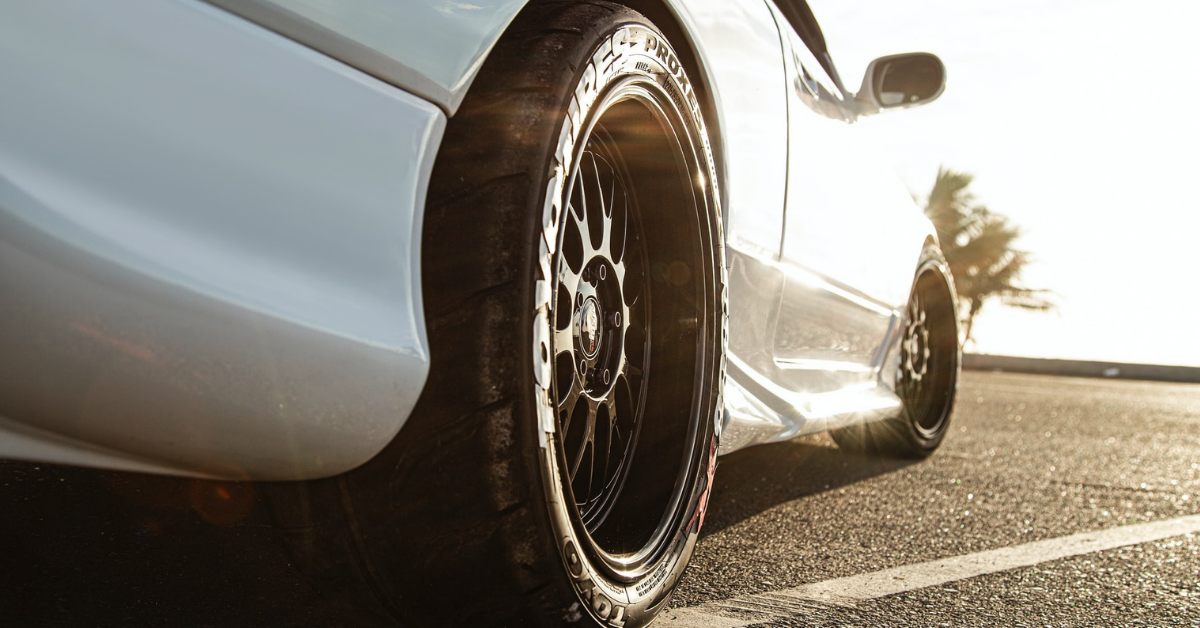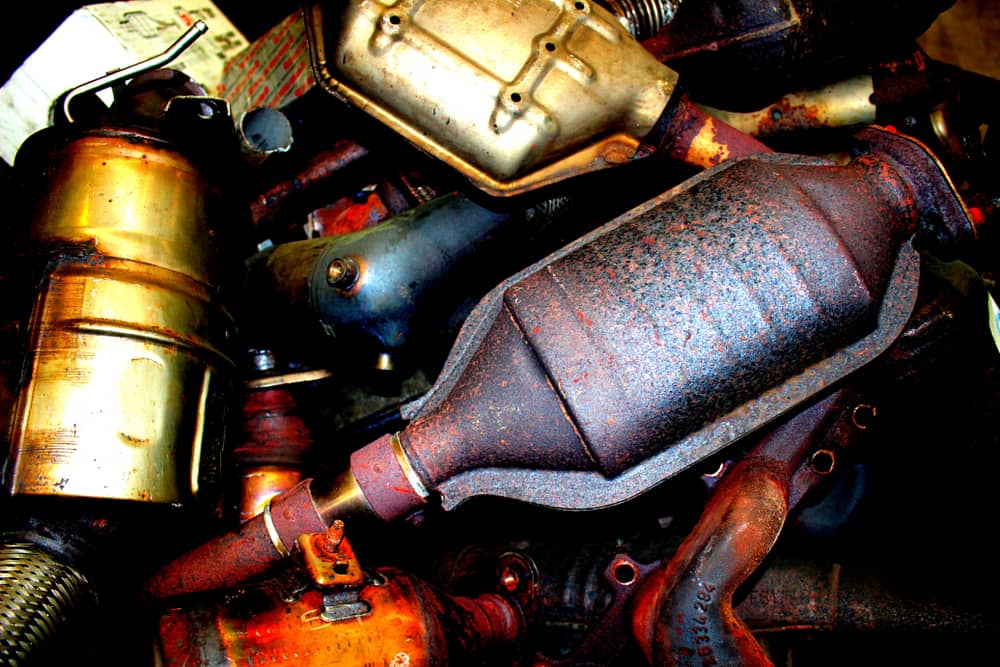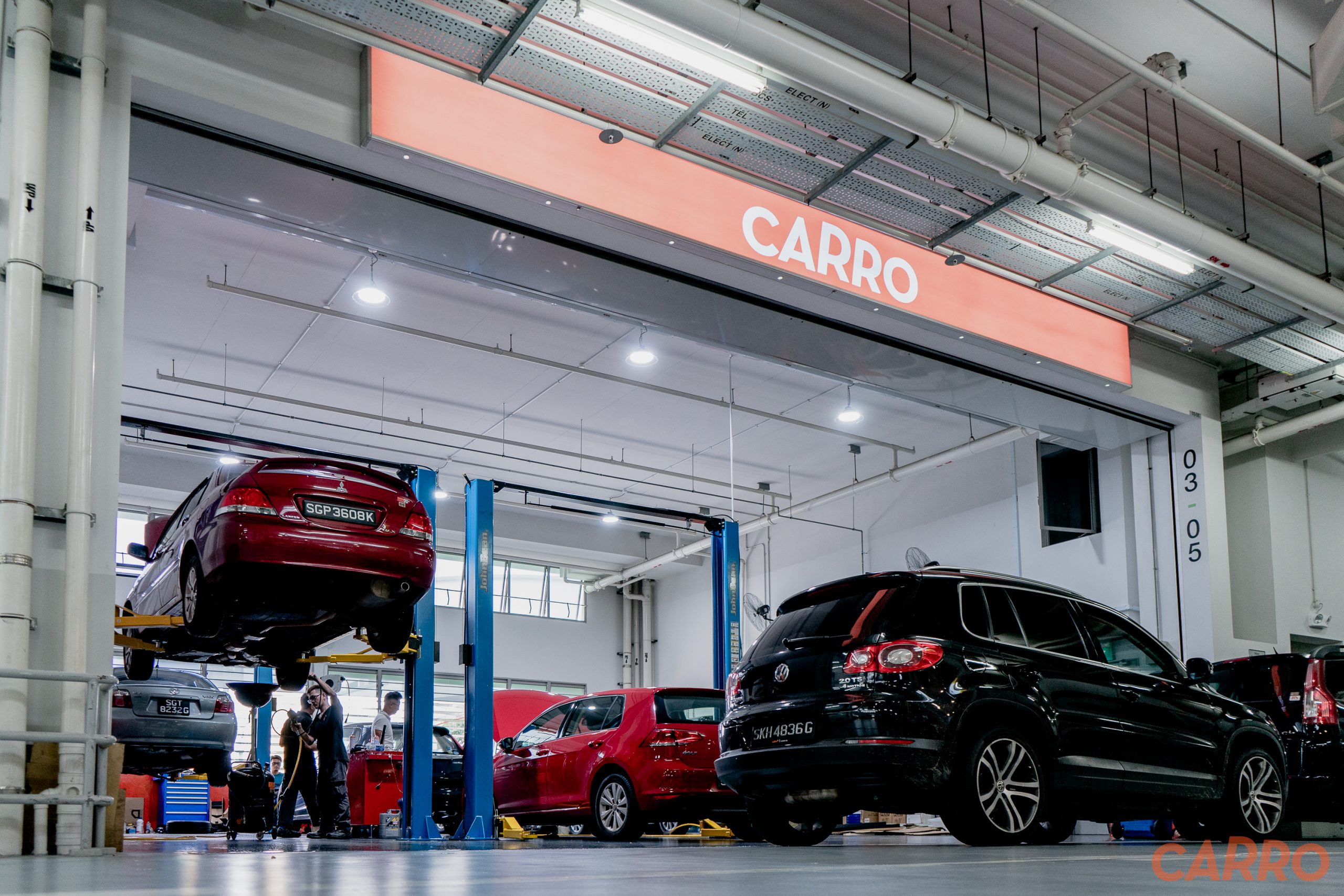6 Important Things to Check on Your Car Regularly
Your car will help you run errands conveniently and with ease. It will take you from point A to point B safely and fast. In order for the car to continue serving you faithfully, you need to make sure that it’s well maintained and in tip-top condition at all times. Car maintenance doesn’t have to be expensive as long as you do everything right and at the right time. Below are six important things to check on your car regularly so that it can continue serving you well and you can save money from repairs.
1. Engine and transmission oil levels
Engine oil, as well as transmission oils, are the main lubricants in a car. These two different types of oils lubricate all the moving parts in the engine as well as the transmission systems.
Without lubrication, friction would build up and wear down the moving parts in a matter of minutes. Running a car without oil or sufficient oil can be catastrophic to your engine and transmission system. Doing this can cause these important parts to fail, which would lead to expensive repairs and you’ll potentially need to replace the whole engine and transmission systems.
You should always check the oil levels in your car weekly. Most cars have dipsticks on the engine and transmission for you to check the oil level.
In case you notice a reduction in oil level, make sure to consult your mechanic and check for any leaks before topping up the oil to the recommended levels.
2. Coolant
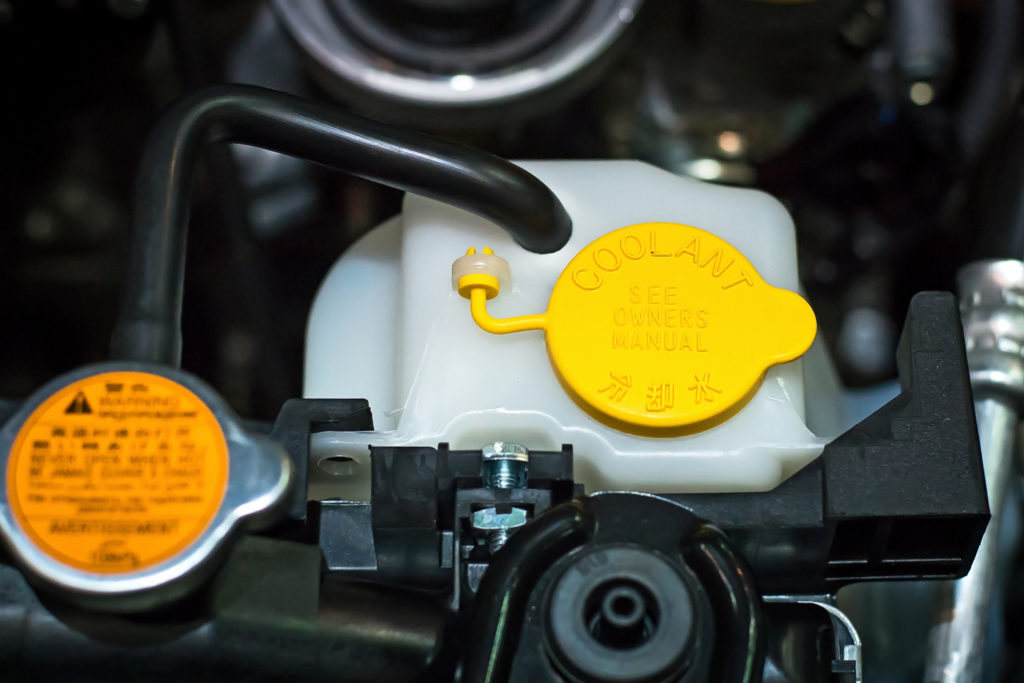
During engine operation, a lot of heat is produced. That’s why the coolant is vital in keeping the engine cool and within optimum operating temperatures. Therefore, you should check the engine’s coolant level regularly so as to avoid overheating and subsequent engine damage. In case the coolant level drops, make sure you fill it up and also check if there are any leaks.
3. Tyre pressure
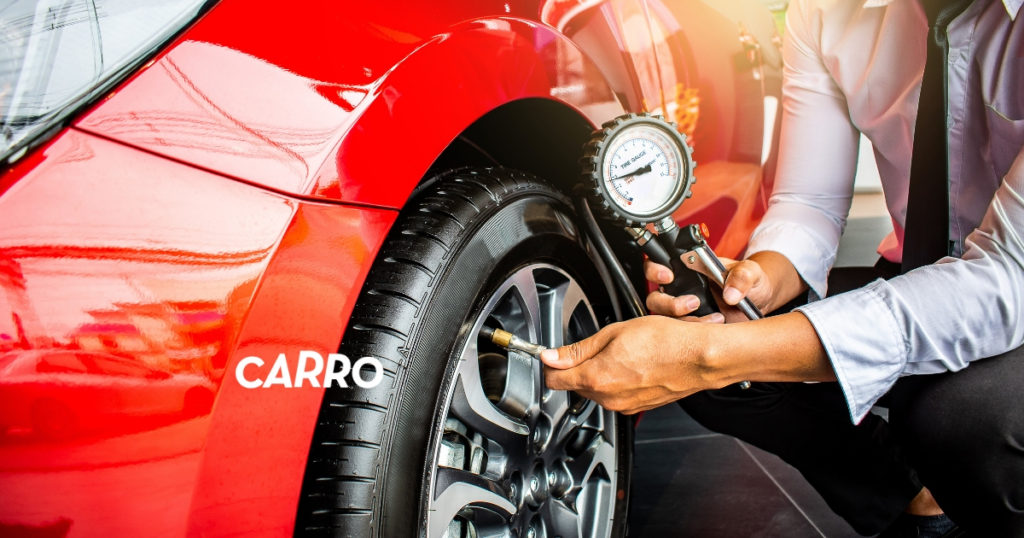
Tyres are very important parts of the car and so is the tyre pressure. First of all, you should ensure that all the tyres are inflated to the recommended levels. This will keep the car balanced and rolling without any problems. It’s quite common for tyre pressure to decrease a little over a period of time. So you should ensure that you check the tyre pressure at least once a month to keep the tyres inflated and in good working condition.
Remember, the correct tyre pressure prevents the tyres from excessive wear.
4. Brake fluid and power steering fluid
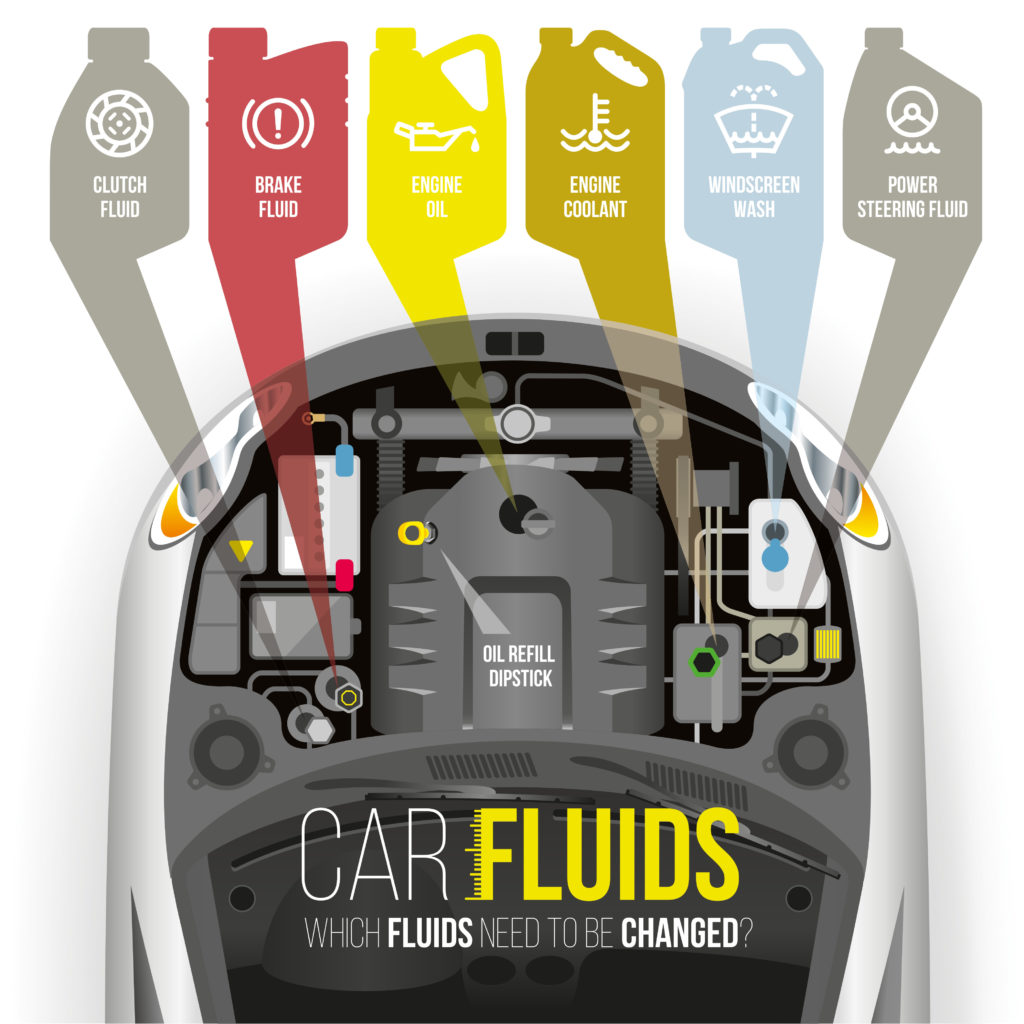
You can’t drive a car if you cannot stop it, and that is the reason why brakes are very important in a car. Brake fluid is a key component of the braking system and the brakes wouldn’t function without brake fluid. Therefore, you should check the brake fluid levels regularly to ensure that your brakes are working optimally.
Power steering fluid is equally important! When there’s a lack of this fluid, your steering wheel will become stiff and it’ll be harder to turn. This is due to the loss of power steering assist.
5. Tyre treads
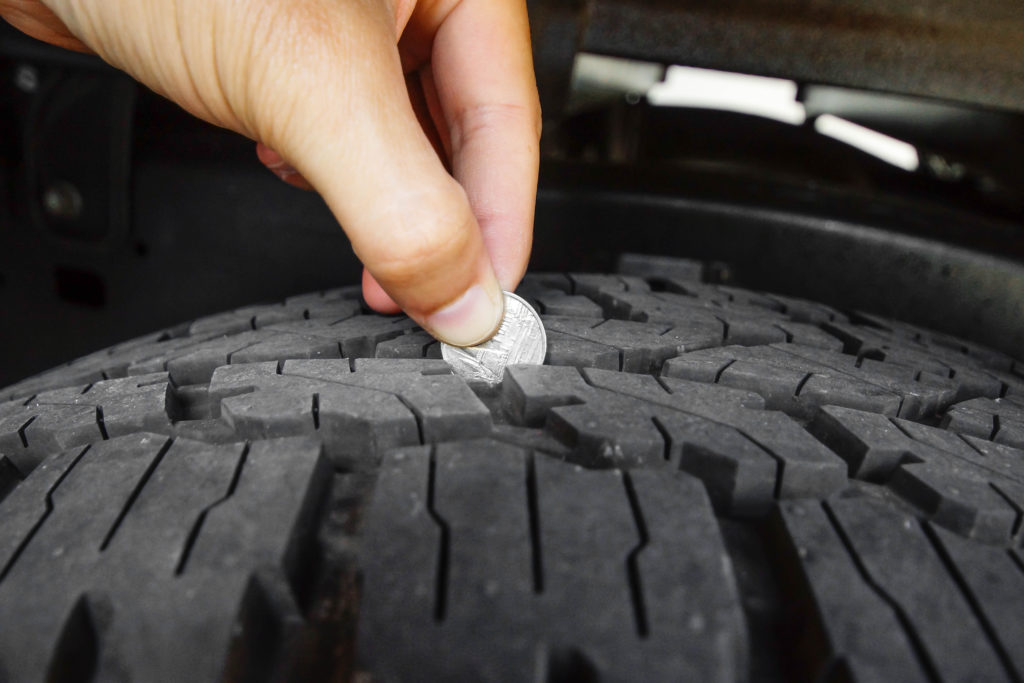
Car tyres wear out over a period of time. The rate at which your car’s tyres wear out would depend on many different factors such as the weight of the car, wheel alignment and driving habits. However, worn out tyres are not as safe as traction on the road is reduced. Therefore, make a point of checking your tyre treads at least once a month to ensure that the tyres are still safe to use.
6. Lights
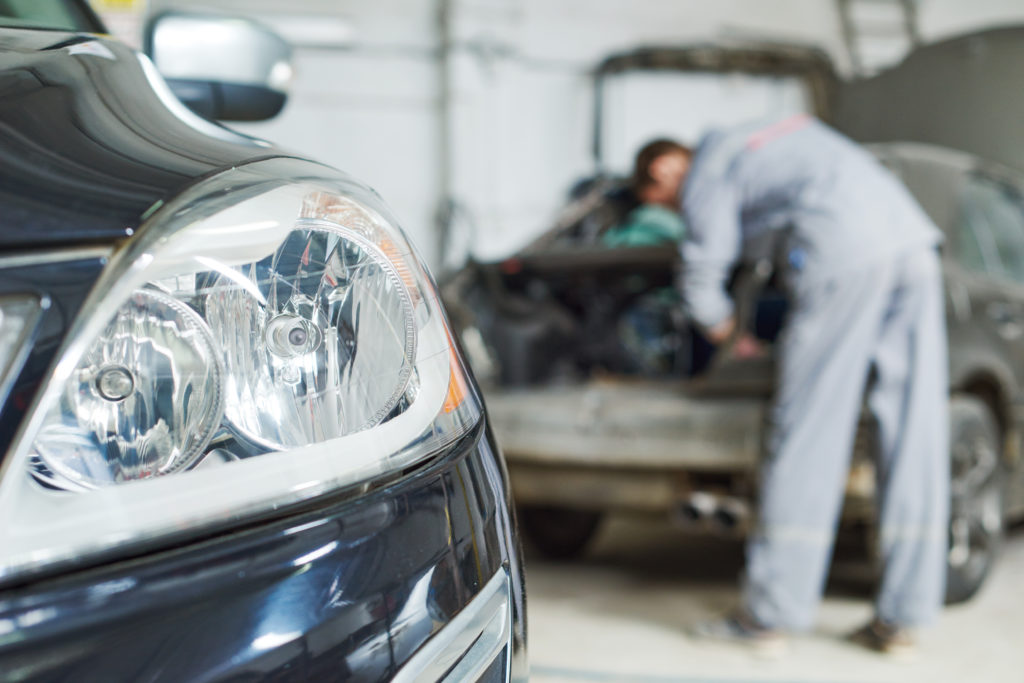
Cars have different types of lights which have different functions. It is important that all these lights are working properly so that you can operate your car safely. Make a habit of inspecting all your car’s lights on a weekly basis just to ensure that all of them are working properly.
Looking for a credible workshop? Visit our Carro Care Workshop and enjoy a 100% transparent service from experienced mechanics!
People also liked: 10 THINGS YOU MUST KNOW BEFORE YOU RENEW YOUR COE WHEN TO SEND YOUR CAR FOR SERVICING? 7 TIPS TO PRESERVE YOUR CATALYTIC CONVERTER AND AVOID COSTLY REPAIR

